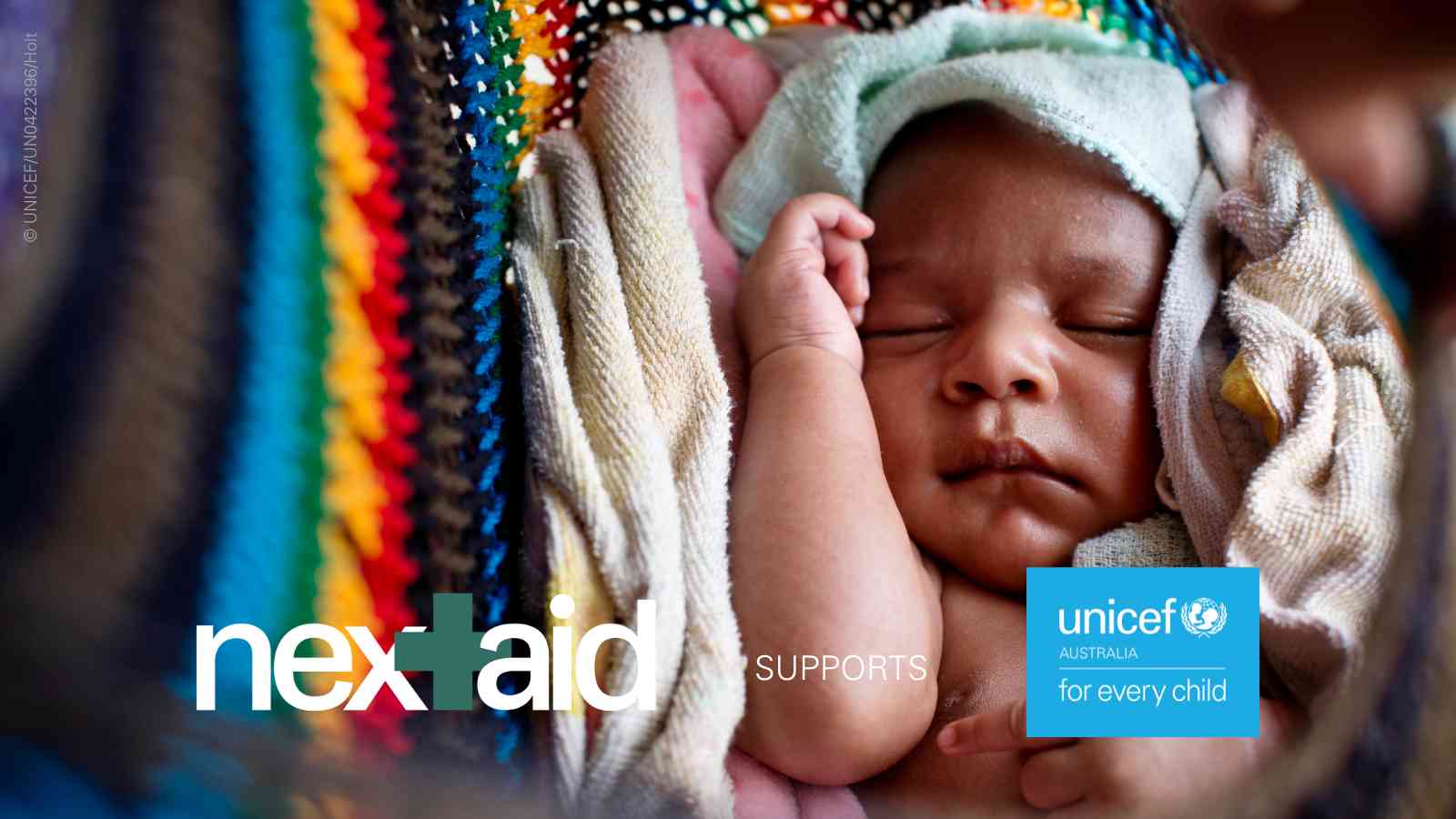
What is Next Aid?
We’ve partnered with UNICEF Australia to support their maternal and neonatal health program in PNG. We call it our Next Aid initiative.
Why did we start NextAid?
We believe everyone should start from the same place and deserves to have access to basic human rights like healthcare and education. Next Aid is our unwavering commitment to help ensure no person should die from a preventable disease.
How do we donate?
We are able to achieve Next Aid by working with UNICEF Australia.
For every consultation at a Next Practice medical centre a donation is made to someone in need through UNICEF.
Look out for further information on donations here or in our clinics news articles.